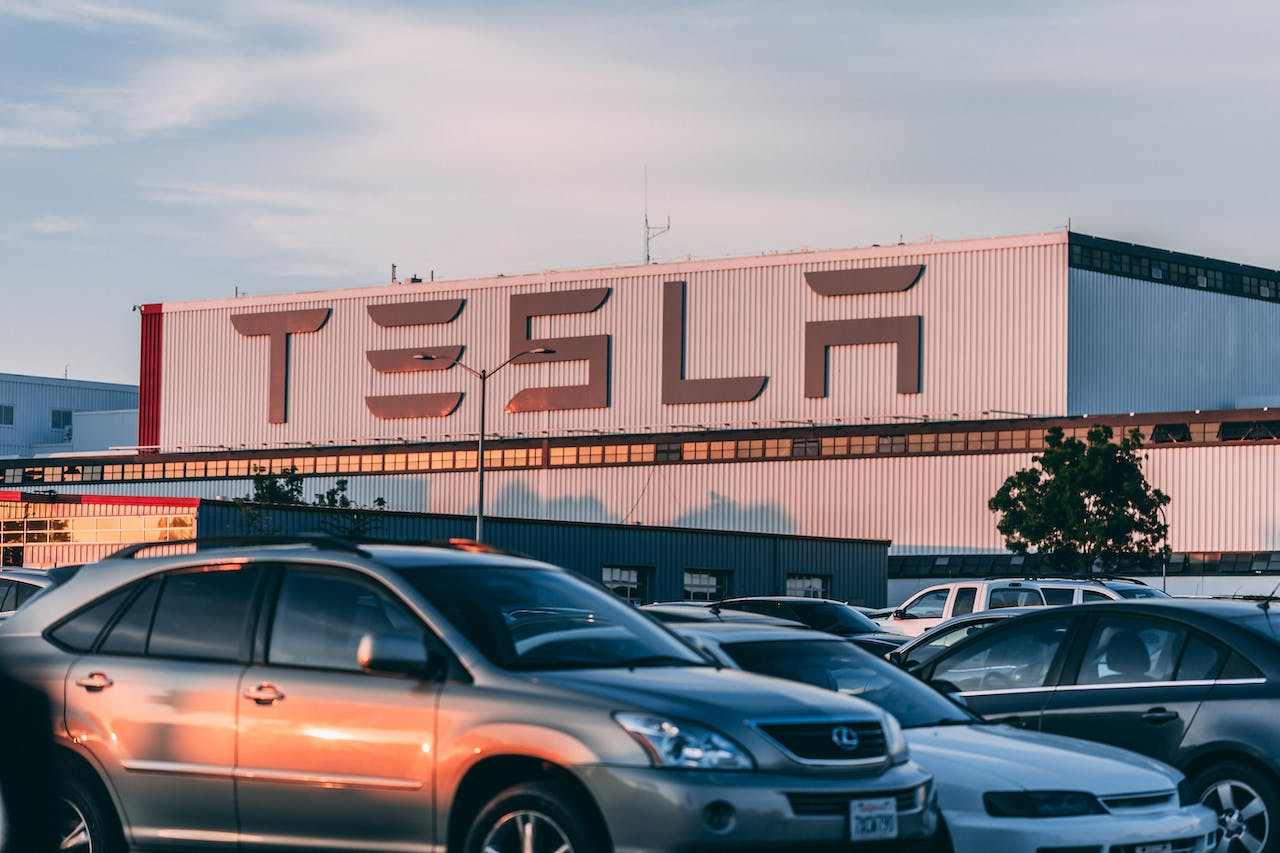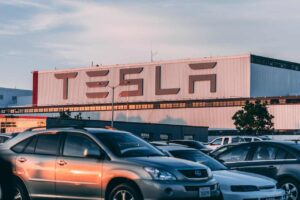
In the dynamic realm of electric vehicles and autonomous driving technology, Tesla has emerged as a pioneering force, captivating the automotive industry and the public imagination. However, alongside its technological advancements, Tesla has also faced legal challenges, with multiple class action lawsuits being filed against the company in recent years. These lawsuits encompass a range of allegations, from false advertising and safety concerns to labor practices and privacy violations.
Delving into the Legal Claims
One of the most prominent class action lawsuits against Tesla focuses on the company’s Autopilot and Full Self-Driving (FSD) systems. Plaintiffs allege that Tesla has misled consumers about the capabilities of these systems, which they claim are not as advanced as the company has advertised. The lawsuit also raises concerns about the safety of these systems, citing instances of accidents and near-misses that have occurred while drivers were using Autopilot or FSD.
Another significant class action lawsuit against Tesla centers on the company’s alleged use of deceptive marketing practices. Plaintiffs allege that Tesla has exaggerated the range, performance, and environmental benefits of its electric vehicles. They also claim that the company has engaged in misleading advertising regarding the availability of charging stations and the effectiveness of its Supercharger network.
Labor practices have also been the subject of class action lawsuits against Tesla. Plaintiffs allege that the company has engaged in unfair labor practices, including racial discrimination, harassment, and retaliation against employees who have spoken out about workplace concerns. They also claim that Tesla has failed to provide workers with adequate safety training and protective equipment, leading to injuries and illnesses.
Privacy violations have also emerged as a legal concern for Tesla. Plaintiffs allege that the company has collected and stored excessive amounts of data from its vehicles, including personal information about drivers and passengers. They also claim that Tesla has failed to adequately protect this data from unauthorized access or disclosure.
Navigating the Legal Complexities
These class action lawsuits against Tesla highlight the complex legal issues surrounding the development and deployment of new technologies. As companies like Tesla push the boundaries of innovation, they must also navigate a maze of regulations and legal considerations. Allegations of false advertising, safety concerns, and labor and privacy violations underscore the need for careful scrutiny and responsible practices in the automotive industry.
Impact on Tesla and the Automotive Industry
The ongoing class action lawsuits against Tesla have undoubtedly had an impact on the company, both in terms of reputation and financial resources. The legal battles have generated negative publicity, raised questions about the company’s practices, and potentially affected consumer confidence. Additionally, the costs of defending these lawsuits have placed a strain on Tesla’s finances.
The lawsuits have also had a broader impact on the automotive industry, prompting discussions about the ethical and legal implications of autonomous driving technology and the collection and use of data from vehicles. These discussions are likely to continue as the industry evolves and new technologies emerge.
Conclusion: A Balancing Act
The class action lawsuits against Tesla serve as a reminder of the delicate balance that companies must strike between innovation and responsibility. While the pursuit of technological advancements is essential for progress, it must be accompanied by a commitment to ethical practices, consumer safety, and respect for employee rights and privacy. As Tesla and other companies continue to push the boundaries of automotive technology, the legal landscape will remain a dynamic and evolving one, shaping the future of transportation.













